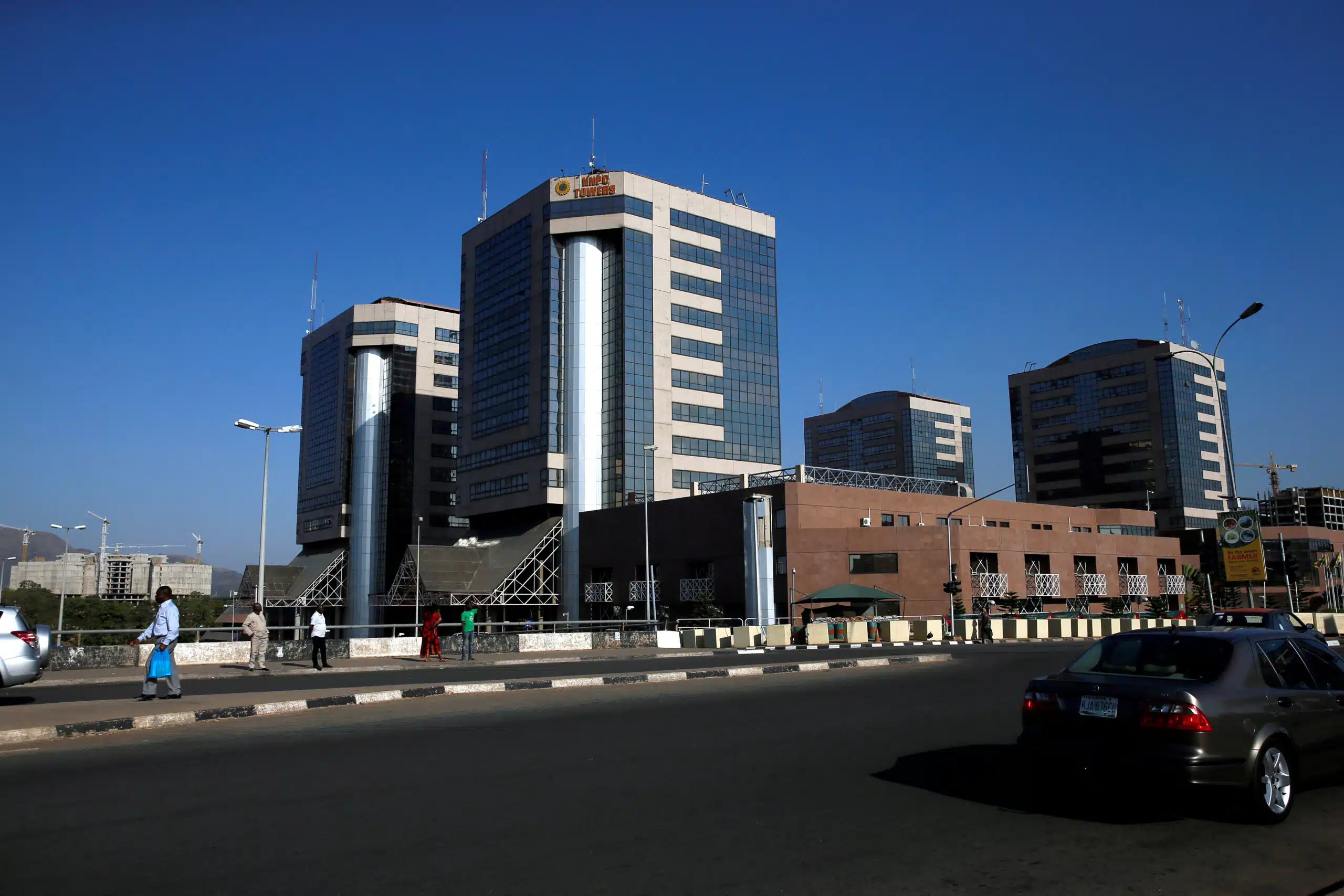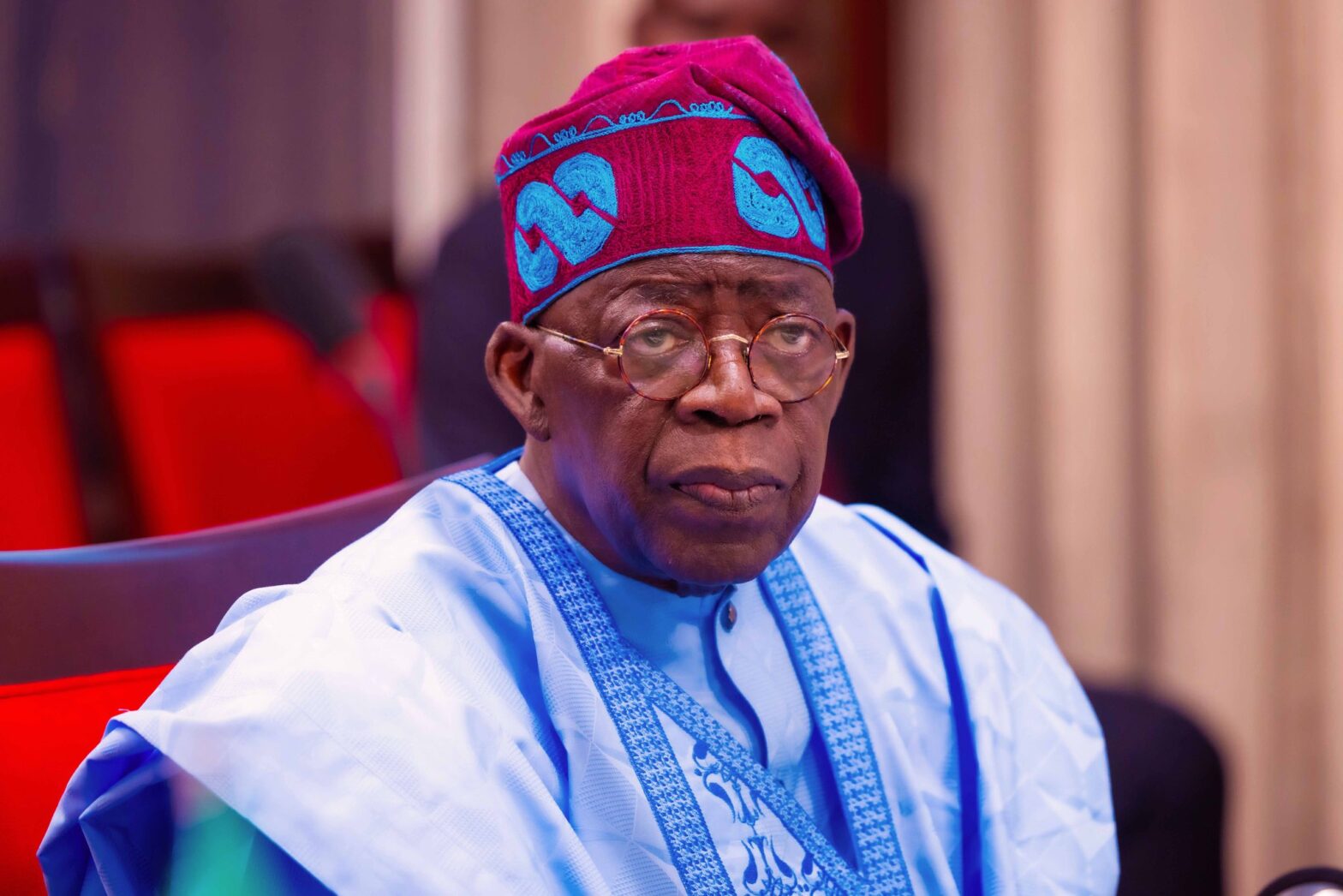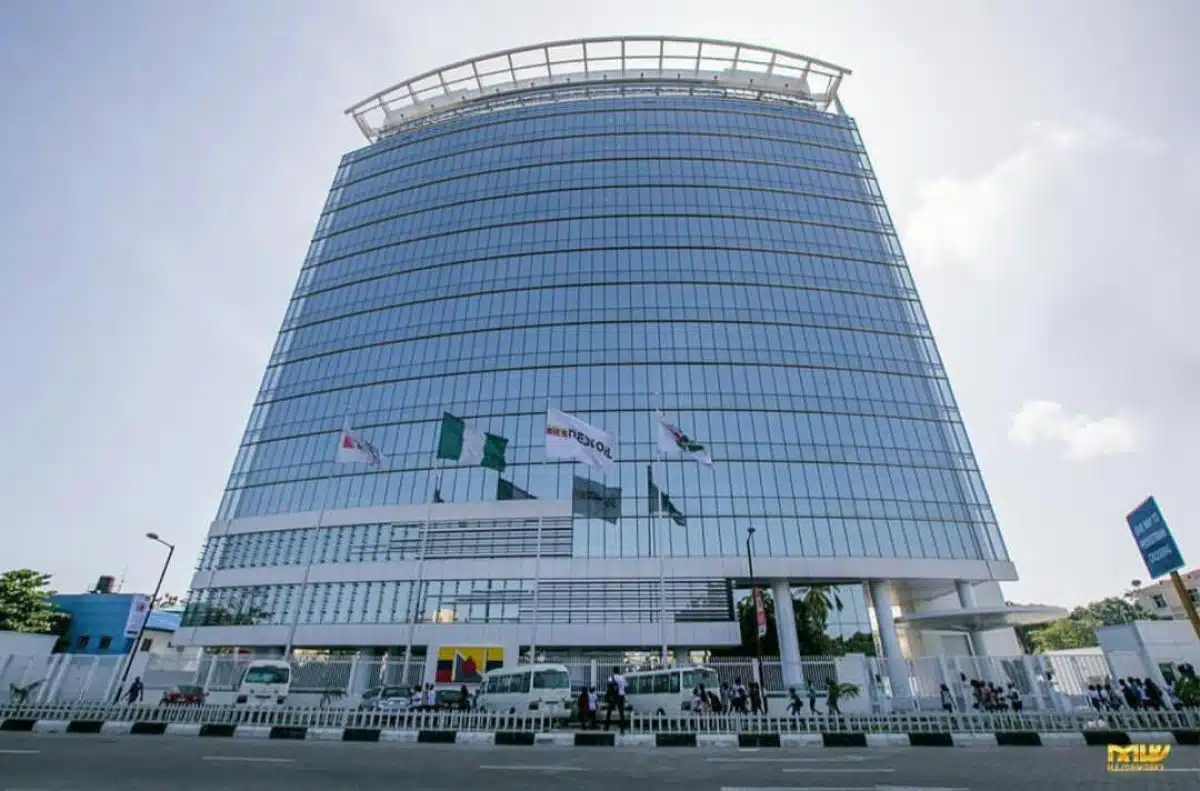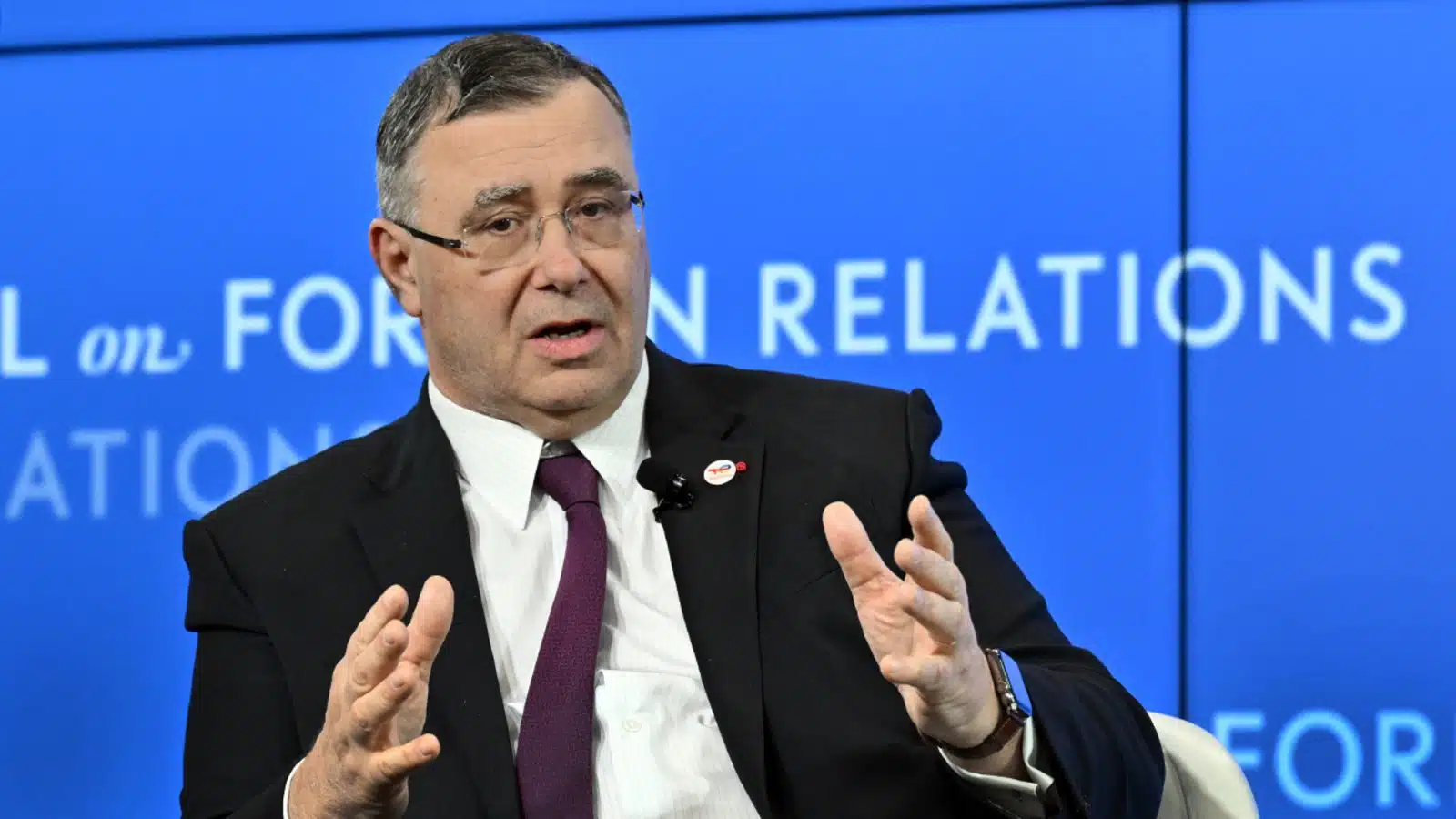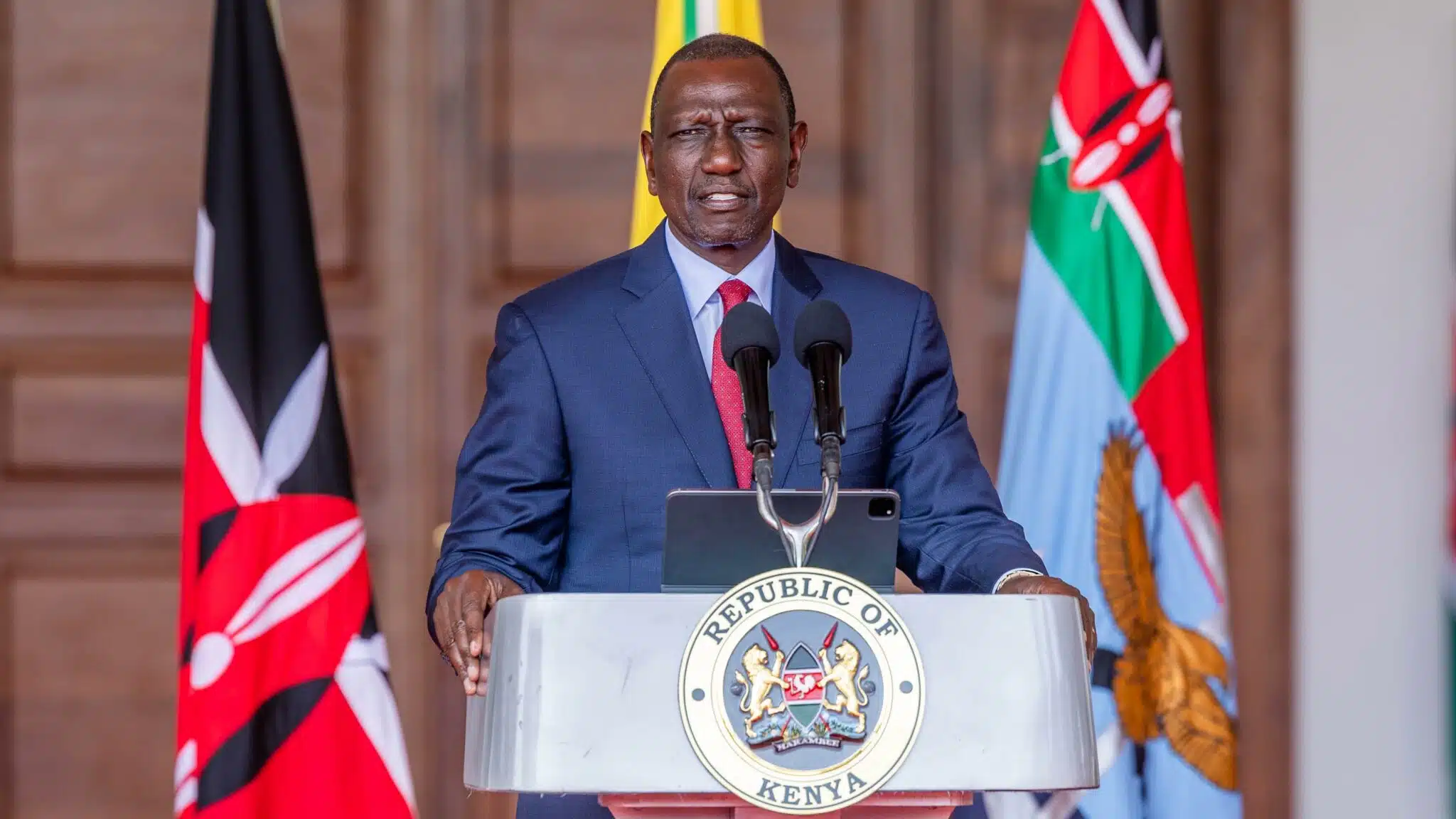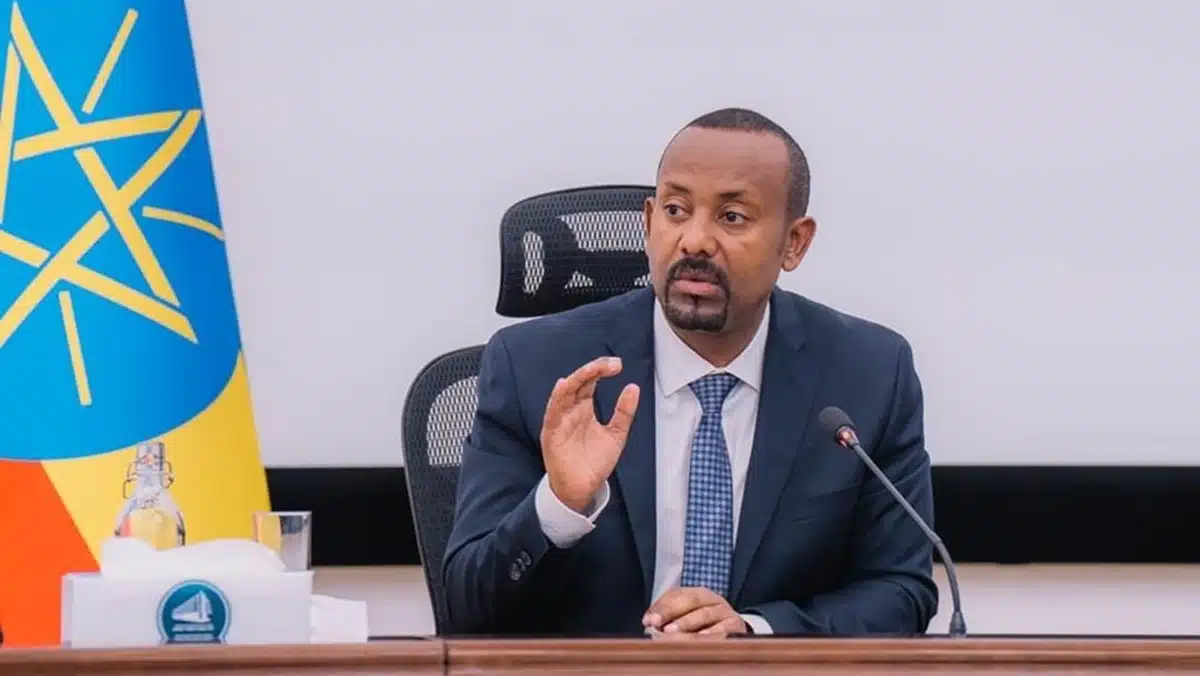In a significant shake-up of Nigeria’s oil sector, President Bola Tinubu has removed Mele Kyari from his position as the Group Chief Executive Officer (GCEO) of the Nigerian National Petroleum Company Limited (NNPCL) and dissolved its board.
This move, revealed in the early hours of April 2 and effective the same day, aims to enhance operational efficiency and restore investor confidence in the nation’s oil industry.
President Tinubu, who doubles as the country’s petroleum minister, exercised his authority under Section 59(2) of the Petroleum Industry Act (PIA) 2021 to appoint a new board of 11 members for the country’s national energy company.
According to this section, the board must consists of:
- Non-Executive Chairman
- The Chief Executive Officer
- The Chief Financial Officer
- A representative from the Ministry of Finance
- A representative from the Ministry of Petroleum Resources
This section also makes provision for six non-executive members, one each from Nigeria’s six geopolitical zones.
NNPCL’s new leadership appointments
- Bayo Bashir Ojulari — Group CEO
The president has appointed Bayo Ojulari, a former Managing Director of Shell Nigeria Exploration and Production Company, as the new GCEO, replacing Mele Kyari whom many people had been calling for his retirement from public service, having turned 60 years in early January.
Ojulari, a native of Kwara state in Nigeria’s middle belt, brings extensive experience in deepwater exploration and production, having previously served as the Executive Vice President and Chief Operating Officer (CEO) at Renaissance Group.
Renaissance recently led a consortium of indigenous energy firms in the landmark acquisition of the entire equity holding in the Shell Petroleum Development Company of Nigeria (SPDC), worth about $2.4 billion.
Ojulari is expected to bring its distilled years of experience from Shell to the national oil company, particularly when it comes to offshore operations where the government is aiming to attract about $20 billion this year.
- Ahmed Musa Kida — Board Chairman
Ahmadu Musa Kida, formerly an executive at Total, has been appointed to lead the board as Non-Executive Chairman, replacing Chief Pius Akinyelure.
The new board chairman, Ahmadu Musa Kida, from Borno State, is an alumnus of Ahmadu Bello University, Zaria, where he received a degree in civil engineering in 1984.
He also obtained a postgraduate diploma in petroleum engineering from the Institut Francais du Petrole (IFP) in Paris. Musa began his career in the oil industry at Elf Petroleum Nigeria and later joined Total Exploration and Production as a trainee engineer in 1985.
He rose to become Total Nigeria’s Deputy Managing Director of Deep Water Services in 2015. Last year, he became an Independent Non-Executive Director at Pan Ocean-Newcross Group.
- Adedapo Segun — Group CFO
Adedapo Segun, who assumed the role of the firm’s chief financial officer (CFO) in November 2024, has been confirmed in his position on the new board.
With over 35 years of accounting and management experience, 25 of which were in a top 10 organization on the Fortune 500 list, Segun’s oil and gas exposure covers both upstream and downstream in Nigeria, as well as in the United States of America.
A member of the Institute of Chartered Accountants of Nigeria (ICAN), Segun joined NNPCL in 2016 as a treasurer and has extensive experience in driving optimization and efficiency initiatives in both the private and public sectors.
He currently oversees NNPCL’s investor relations activities towards the planned initial public offering (IPO).
Newly appointed non-executive directors and board members representing geopolitical zones:
- Austin Avuru, South-South
Austin Avuru, a trained geologist, has been appointed as a non-executive director on the new NNPC board, representing the South-South region. With over 40 years of experience in Nigeria’s oil and gas sector, Avuru has played a pivotal role in the industry.
In 2010, he became the pioneer CEO of Seplat Energy Plc, a company he co-founded. During his tenure, he led Seplat to a dual listing on both the Nigerian Exchange (NGX) and the London Stock Exchange (LSE), a milestone that positioned the company as a major independent energy player.
Avuru retired as Seplat’s CEO in 2020, but he continues to serve on the company’s board, contributing his expertise to its strategic direction.
- Bello Rabiu, North West
Bello Rabiu has been appointed as a non-executive director on the NNPC board, representing the North West region of Nigeria.
He holds two master’s degrees—one in Mathematical Statistics from Ahmadu Bello University (ABU), Zaria, and another in Petroleum Engineering from Imperial College London.
With a deep understanding of Nigeria’s exploration and production industry, Rabiu brings a unique blend of commercial, fiscal, and operational expertise to the board.
He also previously served as Chief Operating Officer (COO)/Group Executive Director (GED), Upstream, at NNPC, where he played a key role in overseeing the corporation’s upstream operations.
One of his notable achievements was leading the development of the 2016 Upstream Joint Venture (JV) funding scheme, a reform that helped restore investor confidence among foreign and independent oil and gas players in Nigeria.
- Yusuf Usman, North East
Yusuf Usman, a trained chemical engineer, has been appointed as a non-executive director on the reconstituted NNPC board, representing the North East region.
With over 30 years of experience in the oil and gas industry, Usman began his career in 1987 as a Facilities/Project Engineer with Shell Petroleum Development Company (SPDC) Warri, where he worked until 1993.
That same year, he joined NNPC as a Facilities Engineer, a role he held until October 2007, when he was promoted to Technical Assistant to the Group General Manager (GGM) of NAPIMS.
He was later redeployed to the Nigerian Gas Company (NGC) as a Superintendent in the Engineering & Technical Services Division (ETSD).
- Henry Obih, South East
Henry Ikem Obih has been appointed as a non-executive director on the newly constituted NNPCL board, representing the South East region.
Before his tenure at NNPC, where he served as Group Executive Director (GED)/Chief Operating Officer (COO) from 2016 until his retirement in 2019, Obih spent 22 years at Mobil Oil Nigeria.
During his time at Mobil, he held several high-profile roles across various divisions, including operations, customer service, and logistics.
In September 2020, he joined the Board of Fidelity Bank as an Independent Non-Executive Director.
He also serves on the Board of Nigeria Liquefied Natural Gas Limited (NLNG), further solidifying his influence in Nigeria’s energy and financial sectors.
- David Ige, South West
David Oluseyi Ige, a former Group Executive Director of NNPC, now serves as a non-executive director on the newly reconstituted NNPC board.
With over 25 years of experience, his career spans oil and gas, management consulting, and academia, having worked with world-class organizations in these fields.
Ige played a pivotal role in initiating and developing the Nigeria Gas Master Plan, a policy designed to establish a robust gas infrastructure and enhance the country’s energy security.
His contributions were instrumental in shaping Nigeria’s long-term gas development strategy.
- Babs Omotowa, North Central
Babs Omotowa represents the North Central region on the newly constituted NNPC board as a non-executive director.
He holds a B.Sc. in Industrial Chemistry and an MBA and is a highly respected leader in the global energy industry, with over 26 years of experience across Africa, Europe, North America, Asia, and the Middle East.
From December 2011 to September 2016, Omotowa served as the Managing Director/CEO of Nigeria LNG (NLNG).
Before that, he held key positions at Shell, including Vice President of Shell Sub-Saharan Africa and Director at Shell Petroleum Development Company (SPDC).
- Lydia Shehu Jafiya
Lydia Jafiya is the Permanent Secretary of the Federal Ministry of Finance and serves as the ministry’s representative on the newly constituted NNPC board, in line with the provisions of the Petroleum Industry Act (PIA).
Before her current role, she was the Permanent Secretary at the Federal Ministry of Information and Culture.
Jafiya holds a B.Sc. in Business Administration and an MBA, obtained in 1989 and 1994, respectively.
She began her career in the Federal Civil Service in 1990 as a Finance Officer II and has since held key positions across various government agencies.
Her extensive experience includes serving as Assistant Director (Accounts) in The Presidency (OSSAP-MDGs), Deputy Director (Budget) at the Ministry of Foreign Affairs, and Director (Finance and Accounts) at the Pensions Transitional Arrangement Directorate (PTAD), among other strategic roles.
- Aminu Said Ahmed
The press statement also mentions that Aminu Ahmed will represent the Ministry of Petroleum Resources on the newly constituted NNPCL board, but little information has been provided about him.
It is possible that he is a senior staff member within the ministry, where Nicholas Agbo Ella currently serves as the Permanent Secretary.
However, a review of the ministry’s official website does not list Ahmed among its top leadership or directors.
While the president has the prerogative to appoint whomever he deems fit, appointments to the NNPC board are not arbitrary.
They are guided by the Petroleum Industry Act (PIA) 2021, particularly Section 59(2), which establishes a structured framework for board appointments.
This section ensures that NNPC Ltd operates with effective governance and oversight by integrating key leadership positions and ministerial representatives into its board.
Additionally, the PIA mandates that non-executive board members must have at least 15 years of cognate experience in the petroleum industry, reinforcing the need for expertise and industry knowledge in shaping the company’s strategic direction.
Even NNPCL’s chief spokesperson last year said that as a global energy company with foreign directors heading some of its subsidiaries, role movement in the company is often based on expertise, skills, and ability to deliver.
It is not merely based on tribe, religion, or any sentiment of the sort.
However, President Tinubu has emphasized that this restructuring is designed to reposition NNPCL for greater productivity and efficiency, aligning with global best practices.
The big task before the new board
Beyond usual representation of shareholders, oversight and advisory role typical of the board of directors of a company, the newly constituted 11-member board has also been tasked with key deliverables.
They are charged with conducting a strategic review of NNPCL-operated and joint venture assets to ensure alignment with value maximization objectives.
The board is also expected to elevate NNPCL’s share of crude oil refining output to 200,000 barrels per day by 2027 and reach 500,000 barrels per day by 2030.
This will require bringing the remaining state-owned refineries back into operation.
The changes at NNPCL mark a pivotal moment in Nigeria’s oil and gas sector, reflecting President Tinubu’s commitment to revitalizing the industry and positioning it for sustainable growth.
Furthermore, the reshuffle will help strengthen NNPCL’s corporate governance and transparency, which are key in boosting investor confidence ahead of its historic IPO.

